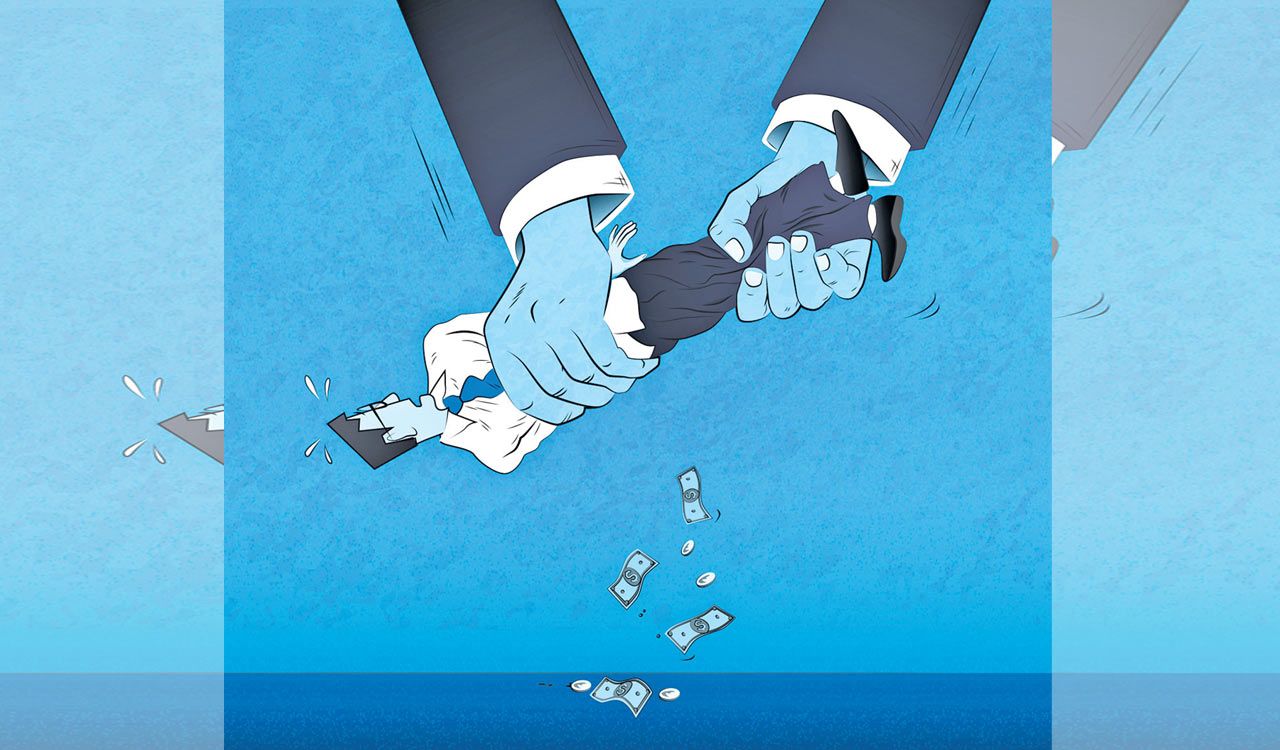Exclusive: India's Forgotten Majority Struggle to Survive Amid Growing Prosperity

By T Muralidharan, Published Date - 12 November 2024
An insightful report by Blume Ventures has thrown light on the stark reality of India's economic divide, highlighting how just a tiny elite is hijacking the country's growth story while the vast majority struggles to survive.
Recent road trips through rural Karnataka and Telangana revealed widespread poverty and micro trading, with many middle-aged men idle for lack of employment opportunities. This mirrors the data compiled by Blume Ventures' "Indus Valley Annual Report 2024," which underscores India's fragile economic narrative.
According to the report, just 8% of Indians are part of the country's growing consuming class, controlling a significant share of consumption and GDP growth. The remaining 1 billion people are relegated to the lower echelons, existing on meager incomes of approximately $1,000 annually, leaving them with limited discretionary spending power.
A closer analysis of household expenditure reveals that India is witnessing an alarming rise in poverty and malnutrition. The report found that:
- 70 million Indians live on Rs 45 per day
- Urban poor spend approx. Rs 40 daily to survive through Direct Benefit Transfer (DBT)
- A third of India's population lacks basic access to food, despite the country claiming to be self-sufficient
This dismal state has been exacerbated by personal loan debt and digital lending practices that have fueled poverty growth.
Critics argue that tax collection is low among the affluent. Only 4.5 million out of 20 million premium households pay significant income taxes, raising concerns about inadequate support for DBT under strained tax pressures.
The report's revelations underscore a growing gap between India's haves and have-nots. Economic distress has forced millions to seek remunerative employment abroad, straining the nation's social fabric in an increasingly digital age. As AI assumes more jobs, integrating these struggling citizens into the workforce poses daunting challenges for policymakers like Niti Aayog.
The report underlines pressing questions: How do we scale up DBT effectively to lift India's forgotten majority out of poverty? Will high taxes continue to undermine growth or vice versa?
India needs critical insights and immediate actions if it is to bridge its yawning economic divide and support those most vulnerable.
